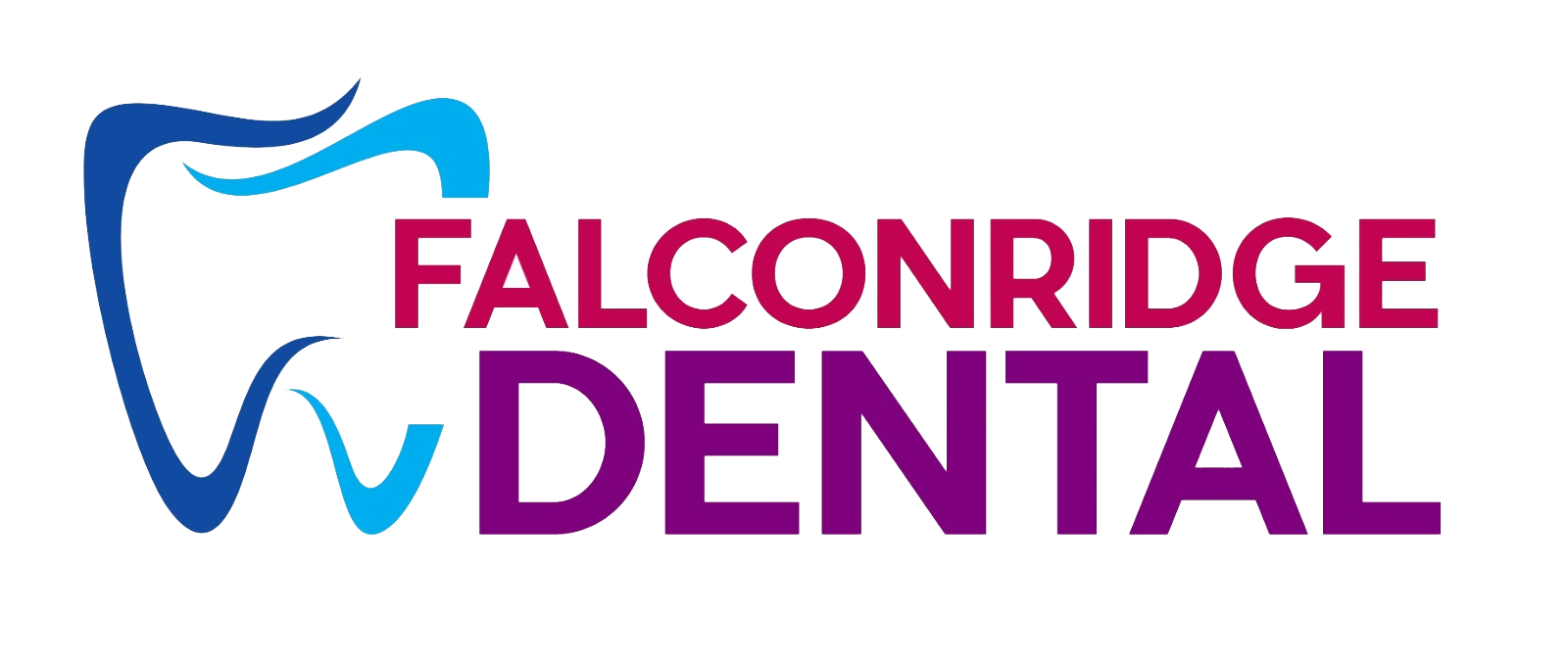Dental crises can strike when you least expect them, and they are often accompanied by excruciating pain and distress. While some dental concerns may be postponed until a regular visit, other conditions necessitate visiting emergency dentistry in NE Calgary.
Here are some of the most frequent dental crises, what to do if they arise, and how to prevent them:
-
Toothache
A toothache is one of the most prevalent dental problems. It is caused by a variety of reasons, including tooth decay, gum disease, or a dental abscess. When you have a toothache, rinse your mouth with warm water and carefully floss to eliminate any debris that is causing the discomfort. Call your dentist to schedule an appointment if the discomfort persists.
-
Knocked-Out Tooth
A knocked-out tooth, also known as an avulsed tooth, is a dental emergency that must be treated quickly and effectively. If you lose a permanent tooth, carefully clean it with water (without scrubbing) and try to reposition it in the socket. If that isn’t feasible, keep it wet in a container of milk or saliva for 30 minutes and seek dental treatment within 30 minutes for the best possibility of preserving the tooth.
-
Broken or Chipped Tooth
Accidents or biting into hard things can cause a chipped or fractured tooth. To clean the area, rinse it with warm water and use gauze if necessary. If possible, save any shattered parts and call your dentist to analyze the damage and select the best treatment, which may involve dental bonding or a crown.
-
Lost Filling or Crown
A missing dental filling or crown can cause irritation and additional damage to the underlying tooth. If this occurs, you can cover the afflicted region with temporary dental cement, which is available at most pharmacies, until you can visit your dentist for permanent treatment. Household adhesives should be avoided since they might be harmful.
-
An Abscess
An abscess in the tooth or gums is a painful infection. Severe pain, swelling, and fever are possible symptoms. If you believe you have a dental abscess, consult a dentist immediately, since these infections can spread and cause more serious health problems.
-
Broken Braces or Wires
When you have braces on and a wire or bracket breaks, it can be painful and cause oral irritation. Cover any sharp or projecting edges with orthodontic wax and contact your orthodontist for a repair appointment.
-
Soft Tissue Injuries
Accidents or trauma can cause injuries to the lips, tongue, cheeks, or gums. To prevent the bleeding, rinse the area with warm water and apply pressure with a clean cloth or gauze. Seek medical assistance if the bleeding continues or the damage is serious.
How Can You Avoid Dental Emergencies?
Dental emergencies may be unpleasant, uncomfortable, and expensive to treat. Many dental complications, however, may be avoided with careful treatment by visiting emergency dentistry near you. Here are some important guidelines and practices to help you avoid common dental crises and preserve good oral health.
Regular Dental Check-Ups
Regular check-ups with your dentist are one of the most effective strategies to avoid dental emergencies. These appointments enable your dentist to discover and treat tooth problems before they become serious problems. Aim for at least two dental check-ups each year, or more if your dentist recommends.
Oral Hygiene Routine
It is essential to have a regular oral hygiene routine. Brush your teeth with fluoride toothpaste at least twice a day, floss daily to eliminate plaque and debris between teeth, and use an antimicrobial mouthwash to minimize bacteria. Oral hygiene is important in preventing tooth decay and gum disease, both of which are significant causes of dental emergencies.
Maintain a Healthy Diet
Sugary and acidic meals and beverages should be avoided since they might lead to tooth damage and erosion. To support optimal oral health, choose a balanced diet rich in fruits, vegetables, lean proteins, and dairy products.
Wear Protective Gear
Wear a mouthguard to protect your teeth and jaws if you participate in contact sports or activities that provide a risk of dental injury. The most effective protection is provided by custom-fitted mouthguards from your dentist in NE Calgary.
Avoid Using Teeth as Tools
When people use their teeth as tools to open packages, bottles, or split nuts, many dental problems can occur. This might result in cracked or broken teeth. To minimize unnecessary harm, always use the proper tools for these types of tasks.
Quit Smoking and Limit Alcohol
Smoking and excessive use of alcohol can raise the risk of gum disease, tooth decay, and oral cancer. Quitting smoking and limiting alcohol use can improve your oral health and lower your likelihood of an emergency.
Address Dental Issues Promptly
Do not put off treatment if you have a minor dental problem, such as a loose filling, cracked tooth, or slight soreness. Seeking immediate dental treatment can save these problems from becoming serious and turning into dental emergencies.
Limit Teeth Grinding (Bruxism)
Teeth grinding can cause tooth wear, fractures, and jaw discomfort. If you grind your teeth at night or during the day, consult your dentist near you about it. They may offer a tailored night guard to protect your teeth.
Seek Emergency Dental Care at Falconridge Dental
Falconridge Dental is your reliable partner when it comes to providing timely and effective emergency dental care. Our skilled staff is committed to meeting your urgent dental needs with compassion and professionalism. You can count on us to provide you with the prompt care you need to restore your oral health and peace of mind.
Don’t hesitate to reach out to us when you require emergency dental care; we’re here to help you smile confidently again.

